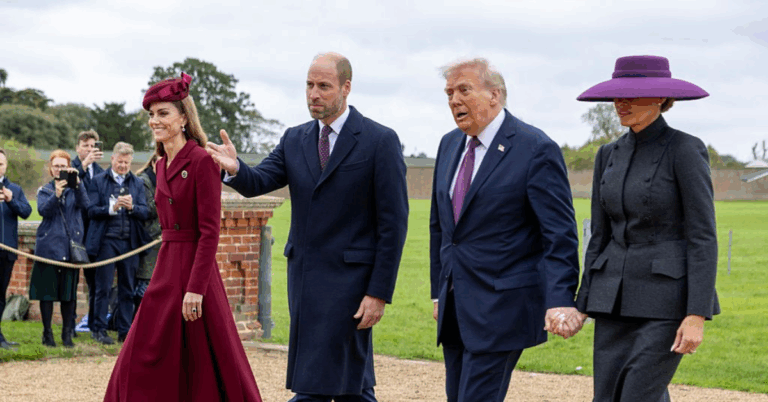
The recent high-profile trial involving the accused in the assassination attempt on former President Donald Trump has reached a dramatic conclusion, with the suspect found guilty. This case has drawn immense national attention, sparking debates over the justice system and political impartiality. The courtroom battle not only focused on the charges but also illuminated tensions between the defense and prosecution teams.
In a surprising twist, the daughter of the accused openly criticized Judge Cannon and Department of Justice (DOJ) prosecutors, calling them “obviously biased.” Her outspoken remarks have further fueled public discussions about fairness and transparency in contentious political trials. As this event unfolds, it highlights the complex relationship between politics, the judiciary, and media portrayal.
Guilty Verdict in High-Stakes Assassination Case
The charged suspect was found guilty in a case that gripped the nation, raising concerns about security and political violence. According to a report by The New York Times, the evidence presented was compelling enough to convince the jury beyond a reasonable doubt. The verdict marks a significant victory for law enforcement and the DOJ, which had described the plot as a serious threat to national safety.
Throughout the trial, prosecutors shared detailed accounts of how the suspect allegedly planned the assassination attempt. Law enforcement officials testified about the suspect’s communications and actions leading up to the event, showing a clear conspiracy. The testimony and physical evidence helped build a strong case, which ultimately swayed the jury to return a guilty verdict.
Daughter’s Sharp Criticism of Judge Cannon and DOJ
Amid the closing arguments, the defendant’s daughter fiercely criticized the presiding Judge Cannon, calling her “obviously biased.” She also expressed her distrust towards DOJ prosecutors, accusing them of unfair tactics. These comments, reported by CNN, have ignited further debate on social media and news platforms about impartiality in politically sensitive trials.
Judge Cannon, who has handled several controversial cases involving political figures, was accused of showing favoritism during the trial. However, legal analysts suggest this kind of criticism is common in high-profile cases. According to Fox News, her courtroom approached the case with a focus on law and procedure, aiming to avoid political influence.
What This Verdict Means for Political Trials in the US
The guilty verdict sends a strong message about the consequences of attempting violence against public officials. It also underscores the importance of upholding the rule of law, regardless of political affiliations. For young Americans and audiences globally, this case exemplifies the serious nature of political crimes and the role of a fair judicial process.
However, the trial also highlights the challenges faced by the US justice system when dealing with politically charged cases. Criticism from the accused’s family and media coverage reveal a divided public opinion about justice and media bias. Observers hope that transparency and fairness will remain priorities in future trials involving sensitive political matters.
Closing Thoughts
As the Trump assassination attempt trial closes with a guilty verdict, the debates around judicial fairness and prosecutorial conduct continue. The outspoken reactions from the accused’s daughter bring into focus the tensions between law enforcement, the judiciary, and public perception. This case serves as a vital reminder of the delicate balance required to maintain justice in a politically polarized environment.
In an era where political divides run deep, the integrity of the legal system is crucial—not just for Americans, but for all who look towards the US as an example of democracy and rule of law.









